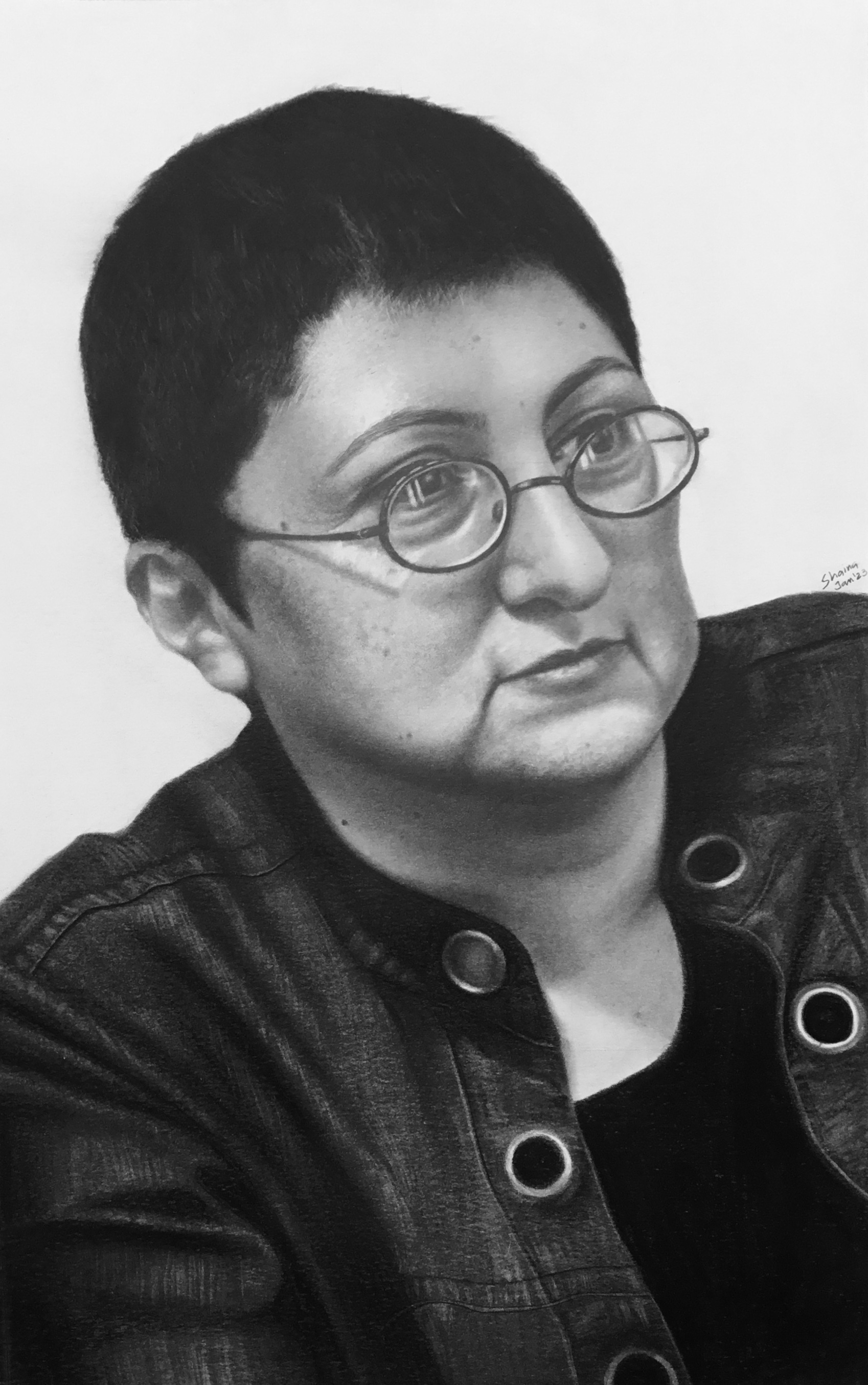MARINE PETROSSIAN
WOW Woman Armenia - Poet, columnist
THE STORY
This is the Door
What a brilliant December
brilliant like snow
brilliant like the sun
brilliant like your old dream
Do you remember that girl?
the one that was small and stubborn
the one that stood behind the door
behind the giant door and wanted to open it
but she could not reach the handle
her little hand could not reach the handle
Here’s that door
just in front of you
if you reach out your hand you can open it
but do not hurry, Marine
quiet, be a bit quiet
you are not little anymore
you are not little at all
and your heart may not stand it
when the door finally opens
and your old dream—
brilliant like the snow
brilliant like the sun—
stands in front of you
Before I write about the poet who wrote this masterpiece, it is very essential to share more about her homeland.
Armenia
This nation found its independence from the USSR in 1991. Before independence,
the censorship and lack of freedom of speech limited the literary outputs of this nation for a long time.
Independence brought to the forefront artists from within the Armenian citizens and their worldwide diaspora.
It soon became the responsibility of the Armenians worldwide to push into momentum the literary works which represented their past,
present and the envisioned future. With only 8 million readers who read Armenian worldwide (even though rich in content and expression),
Armenian literature did not get a foothold into international literature easily. Slowly, but surely, the writers who wrote and expressed
in other languages emerged, taking the rich landscape of Armenian Literature to the world. Shushanik Kurghinian, Zabel Yesayan,
Silva Kaputikyan, Diana Der Hovanessian, Mariam Petrosyan are some of the names that stand out in giving Armenian literature
and poetry its rightful place.
Another name that stands out among the stalwarts is that of Marine Petrossian.
Marine is a poet and columnist whose first poetry book was published in 1993, soon after Armenia gained her independence. With critical acclaim, she went on to publish 4 different volumes of poetry in Armenia that were translated in different languages as well. When asked about what interested her to poetry, Marine shares:
“When I was a child, I felt myself lonely. I thought I was so different from everyone that no one understood me. Then I started reading poets and their feelings were mostly like mine. I was astonished. Not only did these poets live faraway geographically but also in different times. They felt so near to me. And that is how I started writing poetry.”
Marine’s literary life goes parallel to that of the creation of new Armenia. In her interview with Arthur Kayzakian, Marine describes the evolution of Armenian poetry over time. The extended wars in the
country led to a sudden disappearance of the poetry readers.“Maybe it was the harsh reality that made poetry seem irrelevant”,, she feels. Many poets simply stopped writing in these times, and some experimented a new path. It was then that Marine created a contextual framework to experiment, and she wrote an essay called ‘’Antipoetry’’.
Simply put, it is when poetry does not seek an alibi.“In this essay i define Antipoetry as a poetry that does not look like poetry and challenges the prevailing notion of it. When poetry becomes too ‘poetical’, losing its connection to reality, it tries to be reborn as antipoetry, changing its language, trying new ways of relating with the raw reality”.This essay published in the year 2000 sent ripples into the Armenian literary circles.
Art including music, paintings and films are a language that often do not require translation. But the written word needs a little help. Her biggest challenge has been and continues to be taking Armenian literature to the world.
“Translating poetry is not an easy thing. When I translate my own works into English, I re-write them. I cannot just translate the words”.
Much like her works, many pieces of Armenian literature are unknown to the world outside. Her English writing, however, has not only found readers in Armenia but the world.
Marine is also a celebrated columnist, whose weekly column in the Armenian Times (Haikakan Jamanak) during the political turmoil before the presidential elections of 2008, found a large readership across the country. Marine thus became a household name and a public figure often found giving comments on public issues on TV. These column essays were collected into a book as well called - Red Poster (2011). She also received
"Tigran Hayrapetian" award for her essay "Why the War does not Come to an End”.
Talking about the future, on whether she is satisfied with the literary exposure she has received and what she envisions for the future, Marine shares that she feels being published and translated are both important. But what really drives her are the conversations and discussions that happen through her writing. She wants much more of that to happen.
Marine is a strong and happy woman who has fulfilled her childhood dream and hopes to keep giving birth to questions, discussions and shaking the status quo through her poetry.
